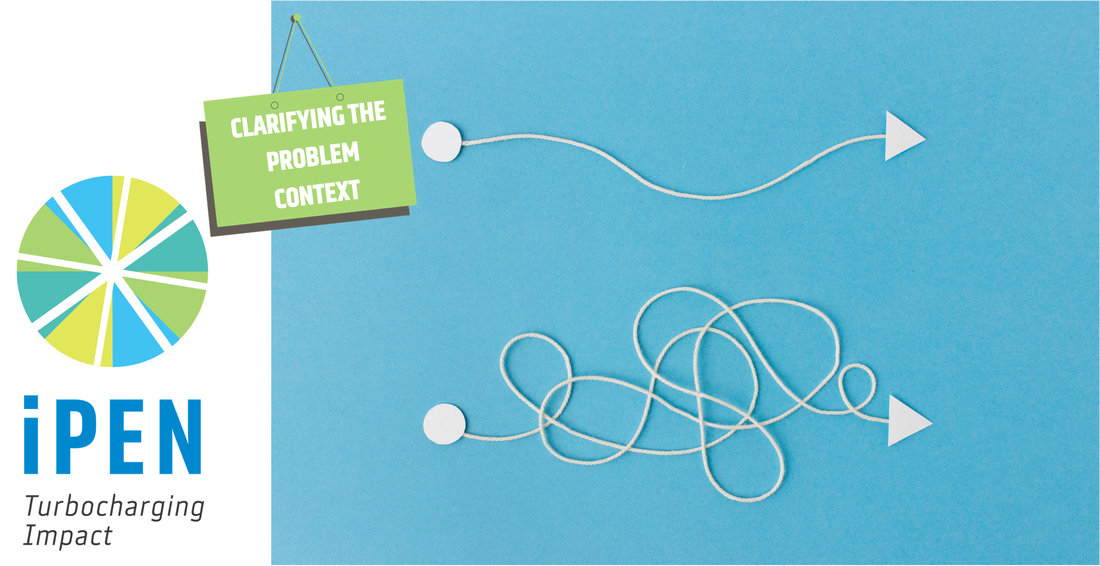Identify and describe the problem context of your research to design science that will truly make a difference.
The 'Clarifying the problem context' training module supports scientists and researchers to systematically understand and describe the critical issue or problem so they can target their science to have impact.
Things to consider
When you are unpacking the problem context think about:
- What is the problem/issue? What is the thing that is driving the need for change?
- Why is this a problem?
- What is causing the problem?
- For whom (individual, household, group, community, society in general) does this problem exist?
- Who cares whether it is resolved and why?
- Who should care whether it is resolved (but doesn't), and why don't they?
- What do we (as researchers) know about the problem/issue/people that are involved?
- What relevant knowledge, skills and experiences do we have?
- What does existing research and experience (from ourselves and others) suggest?
Other useful tools
Tools that we've found helpful when unpacking the situation, problem, and issue include:
- Empathy mapping
- The 'five whys' (a tool to help doing a root cause analysis)
- Systems mapping (to help identify actors and their relationships to one-another)
- 'CATWOE' as a checklist (from Soft Systems Methodology)
Many tools that can be useful to clarify problems are used extensively in design thinking, 'social innovation', and co-innovation.
They can be used in relatively flexible ways, and are often used by our Business and Partnerships teams to support how we think about and understand the needs of our stakeholders, customers and partners.
Try googling these to get a better idea of how these tools can be used across a range of settings.
As we develop this training module, we'll update this page with more specific tools and templates.
As we develop this training module, we'll update this page with more specific tools and templates.
Interested in more?
Check out our impact resources and impact news pages, sign up to networks or professional organisations here, or subscribe to updates from iPEN.
Check out our impact resources and impact news pages, sign up to networks or professional organisations here, or subscribe to updates from iPEN.


